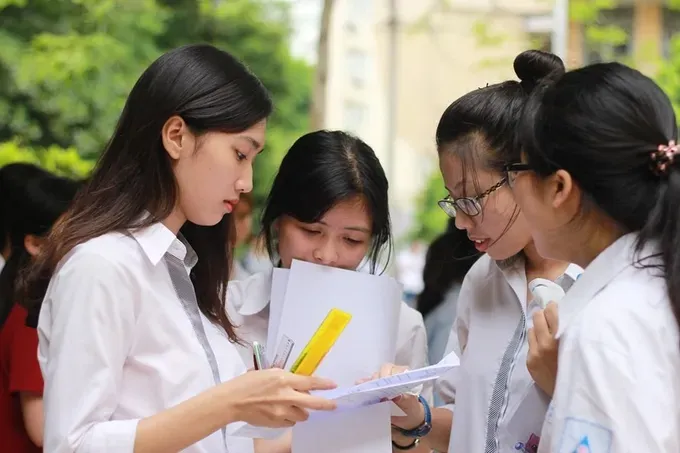
Resolution No. 71/NQ-TW emphasizes the need for a transformative push to meet the demands of a rapidly changing world, particularly with the rise of digital technology and artificial intelligence.
The resolution highlights that in this new global context, every nation must redefine its educational vision. Vietnam, it states, faces a historic opportunity to develop a new generation of citizens who are not only patriotic but also possess the resilience, intellect, skills, knowledge, and health necessary for national development and defense.
The resolution outlines several ambitious targets to be met by 2030:
· Equitable Access and Quality: Ensure equitable access to education and elevate the quality of preschool and general education to an advanced level within Asia.
· School Network: Establish a comprehensive school network to meet the learning needs of students across all regions and backgrounds.
· National Standards: Achieve national standards for at least 80 percent of general schools.
· Universal Education: Complete universal preschool education for children aged 3–5 and make education mandatory up to the lower secondary level.
· Secondary Completion: Ensure at least 85 percent of the school-age population completes upper secondary or equivalent education, with no province or city falling below 60 percent.
Additional goals include initial progress goals in enhancing technology capacity, artificial intelligence literacy, and English proficiency in general education. Vietnam’s education index is expected to contribute to a Human Development Index (HDI) score above 0.8, with the education inequality index reduced to below 10 percent. At the same time, Vietnam will develop and train high-quality human resources to support its transition to a modern industrialized country with upper-middle income.
The Resolution also specifies that the network of higher education and vocational training institutions will be reorganized and upgraded, with 100 percent of universities and at least 80 percent of vocational institutions meeting national standards, and 20 percent upgraded to a level comparable to Asian countries.
The Politburo requires raising the status of universities so that they truly become centers of research, innovation, and entrepreneurship at both national and regional levels. The higher education system must play a key role in regional innovation ecosystems, providing high-quality human resources and talent for priority industries and fields, including the recruitment of at least 2,000 outstanding lecturers from abroad.
The Resolution outlines eight groups of tasks and solutions, foremost among them raising awareness, renewing mindsets, and demonstrating strong political will to achieve breakthroughs in education and training. It calls for comprehensive institutional reform and the creation of special, superior mechanisms and policies to promote educational development.
In parallel, it mandates preferential policies for teachers, such as raising professional allowance rates: at least 70 percent for preschool and general education teachers, a minimum of 30 percent for staff, and 100 percent for teachers in disadvantageous, border, island, and ethnic minority areas.
The Politburo also directs the development of policies to attract talented individuals outside the teaching profession to participate in education and training, including part-time teaching appointments for experts working in public service institutions, and mechanisms to encourage top experts to lead scientific research activities in educational institutions.
























